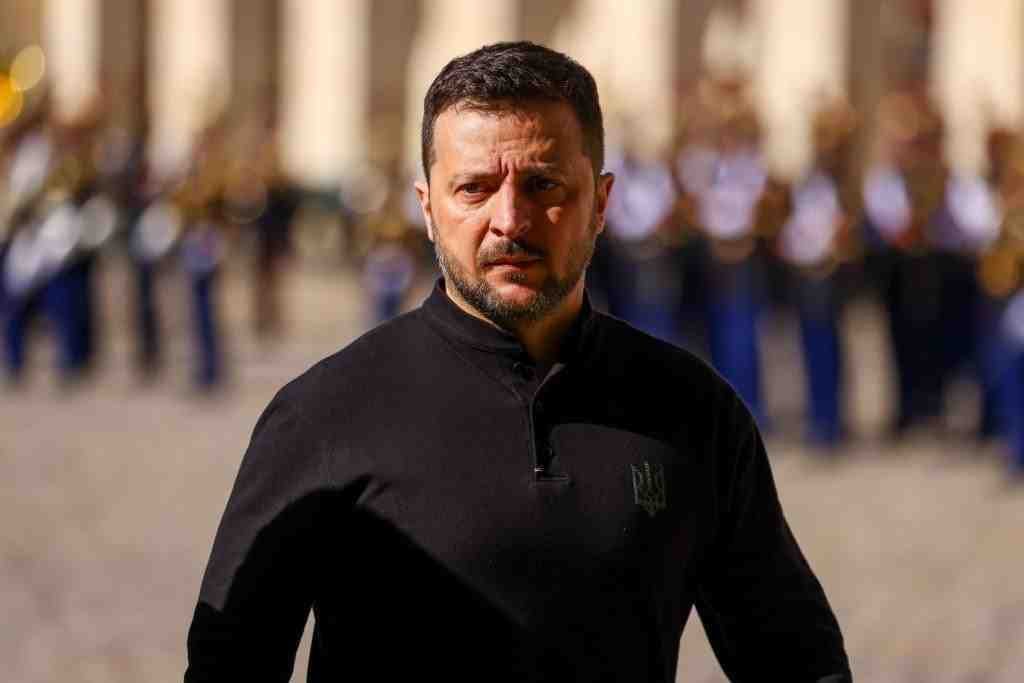Ukrainian President Volodymyr Zelenskyy announced on Saturday that Ukrainian security forces have successfully captured two North Korean military personnel in the Kursk region, a development that adds a new dimension to the ongoing conflict between Russia and Ukraine.
In a post on the social media platform X, Zelenskyy confirmed that the captured soldiers, despite sustaining injuries, have been transported to Kyiv. They are currently in communication with the Security Service of Ukraine (SBU).
Zelenskyy expressed his appreciation for the efforts of Tactical Group No. 84 of Ukraine’s Special Operations Forces and paratroopers, who played a crucial role in the operation. He acknowledged the significant risks involved, noting that Russian forces and North Korean military personnel often execute their wounded to eliminate any evidence of North Korea’s involvement in the conflict.
“This was not an easy task,” Zelenskyy stated. “Russian forces and other North Korean military personnel usually execute their wounded to erase any evidence of North Korea’s involvement in the war against Ukraine. I am grateful to the soldiers of Tactical Group No. 84 of the Special Operations Forces of the Armed Forces of Ukraine, as well as our paratroopers, who captured these two individuals.”
The captured North Korean soldiers are currently being treated as prisoners of war and are receiving necessary medical assistance, according to Zelenskyy. He has also directed the SBU to facilitate access for journalists to interview the prisoners, emphasizing the importance of transparency in the situation. “The world needs to know the truth about what is happening,” he remarked.
This incident comes amid reports that approximately 11,000 North Korean troops have been deployed in the Kursk region, where Ukrainian forces have made significant territorial gains following cross-border incursions in August 2024. The presence of North Korean military personnel in the area has raised concerns and drawn international attention, particularly given the historical context of North Korea’s military alliances and its support for Russia.
The capture of the North Korean soldiers marks a significant moment in the ongoing conflict, highlighting the complexities of the war and the involvement of various international actors. As the situation continues to evolve, the implications of North Korea’s military presence in Ukraine and the potential for further escalations remain uncertain.
Zelenskyy’s announcement has sparked discussions among military analysts and international observers regarding the strategic significance of this development. The involvement of North Korean troops in the conflict raises questions about the extent of North Korea’s military engagement in support of Russia and the potential ramifications for regional stability.
As the Ukrainian government navigates this new chapter in the conflict, the treatment and status of the captured North Korean soldiers will likely be closely monitored by both domestic and international audiences. The situation underscores the ongoing challenges faced by Ukraine as it defends its sovereignty against external aggression while also managing the complexities of international relations in a rapidly changing geopolitical landscape.
The capture of two North Korean military personnel by Ukrainian forces in the Kursk region represents a notable event in the ongoing conflict between Russia and Ukraine. With the soldiers now in Kyiv and receiving medical assistance, the Ukrainian government is taking steps to ensure transparency and inform the world about the realities of the situation.
As the conflict continues, the implications of North Korea’s involvement and the broader geopolitical dynamics will remain critical areas of focus for analysts and policymakers alike.








